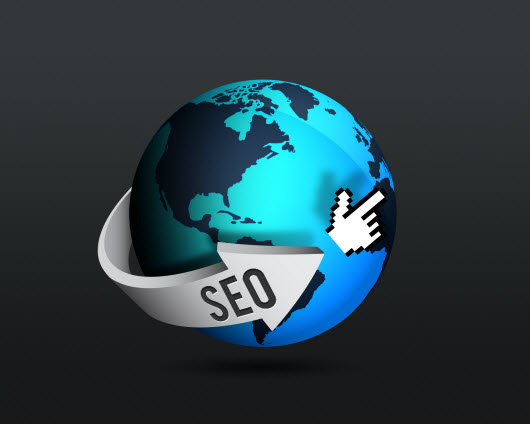Which Is More Important – On Site or Off Site SEO?
 This is one of the most common questions people ask when it comes to the question of search engine optimization – which is more important, on site SEO or offsite SEO? The short answer is, one without the other is largely a waste and you really need both. The longer answer will take a bit more explanation though.
This is one of the most common questions people ask when it comes to the question of search engine optimization – which is more important, on site SEO or offsite SEO? The short answer is, one without the other is largely a waste and you really need both. The longer answer will take a bit more explanation though.
What Is On Site SEO?
For the newbs among us, a brief introduction is likely in order. SEO consists of two separate and distinct parts. The first is on site SEO. This means making sure that your website is optimized so that your content can be found by Google.
It obviously includes using particular keywords throughout your writing for example, on site SEO or off site SEO) and it also includes certain basics of building the blog in a way that makes it easier for Google to index it (I’ve written more about this in the past and you can search the archives for more information).
What Is Off Site SEO?
Once you’ve completed your on site SEO, you need to do off site SEO. Primarily, this means building links from other websites to your blog or website so that Google will see them. Google counts such links as “votes” for your website and the more of them you have from high quality sources, the higher you are likely to rank in the SERPs (Search Engine Results Pages).
So Which Is More Important?
The answer, as I said above is that they’re both equally important. For example, if you have a poorly optimized website which is extremely slow to load, you could have 100,000 links all over the web, but the odds are good that Google won’t index all of your pages because they’re poorly laid out. And, if you want to rank for a particular keyword, you need to have that keyword mentioned prominently in your writing so that it gets picked up by Google’s search bots.
By the same token, if you have a slick, fast loading website with good keyword optimization and well written content, it’s often not enough. The problem is, even though Google will never admit it (they prefer that everyone get links “naturally,” i.e. by having the public choose to link to a particular page because it’s considered worthwhile), most websites don’t get noticed without a lot of legwork to make that happen.
Off site SEO makes it happen by making sure to build links for your website so that it clearly has the content out there which gets people to click and which gets Google to notice you.
If You Have Limited Funds
Now, all that having been said, if you have limited funds for SEO work, I’d say to look at where your strengths lie in deciding which is more important for the purposes of building your site’s rankings. For example, if you happen to be very good at writing and at the technical side of building a website, you probably don’t need to pay for professional SEO help since you can do most of it yourself.
On the other hand, if you’re not sure what to do about building in keywords and setting up an XML sitemap, it may be a better idea to invest your money in that and do some off site SEO yourself. A large chunk of off site SEO is basically grunt work – looking for blogs and websites you can leave comments and link backs on and creating those links (there is more to it than that, but that’s the essence of it).
Bottom Line
You can’t have on site SEO without off site SEO and you can’t have off site SEO without on site SEO. However, you can choose where to invest more of your time and money, depending on your own strengths in building a website.

Thanks for the article! It is indeed a correct answer. I think both onsite and offsite optimization is required. The onsite optimization is important for being findable on a specific keyword. However, if there’s a lot of competition its important to do offsite optimization, since popularity on the web is the most important factor here.
No argument from me. Though I would have to say that it’s important to do the on site optimization first rather than wait for that until you do the off site optimization.